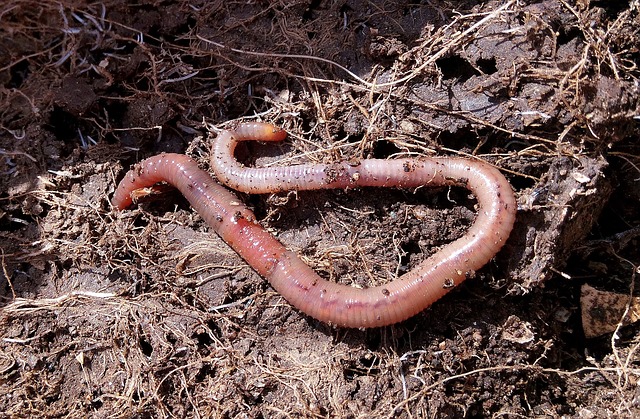Knowing your soil is essential for successful gardening. Different plants thrive in different types of soil, so understanding the characteristics of your soil can help you choose the right plants and improve your harvest.
To evaluate your soil, you can start by examining its texture. Is it sandy, loamy, or clayey? Sandy soil drains quickly but may require more frequent watering, while clayey soil retains water but can become compacted. Loamy soil, which is a balance of sand, silt, and clay, is generally considered ideal for most plants.
Another important factor to consider is the pH level of your soil. pH measures the acidity or alkalinity of the soil and can greatly influence plant growth. Most plants prefer a slightly acidic to neutral pH, which is around 6.0 to 7.0. You can test your soil’s pH using a DIY kit or by sending a sample to a local agricultural extension service.
Additionally, it’s beneficial to assess the fertility of your soil. Adding organic matter, such as compost or well-rotted manure, can improve soil fertility by providing essential nutrients and enhancing its structure. This will create a favorable environment for plants to grow and thrive.
Remember, different plants have different soil preferences, so it’s important to research the specific needs of the plants you intend to grow. If your soil isn’t ideal for a particular plant, you can make amendments to improve its conditions. For example, if you have clayey soil but want to grow plants that prefer well-draining soil, you can incorporate organic matter or sand to improve drainage.
By understanding your soil and making the necessary adjustments, you’ll give your plants the best chance to flourish and maximize your harvest.

Compost calcium
When it comes to raising calcium levels in compost, there are several organic ingredients you can use. Here are a few options:
1. Eggshells: Crushed eggshells are an excellent source of calcium. Simply rinse and dry the eggshells, then crush them into small pieces before adding them to your compost.
2. Bone meal: Ground bone meal, made from animal bones, is rich in calcium. It not only helps increase calcium levels but also provides other nutrients. Be sure to use organic bone meal for composting.
3. Seaweed: Seaweed is a fantastic organic ingredient that contains various trace minerals, including calcium. You can add dried seaweed or seaweed meal to your compost pile to boost the calcium content.
4. Dolomite lime: Dolomite lime is a natural rock powder that contains calcium and magnesium. It helps balance the pH of your compost and adds calcium over time. Use it sparingly as it can raise the pH too much if used excessively.
5. Gypsum: Gypsum is another mineral that can increase the calcium levels in compost. It helps improve soil structure and drainage as well. Sprinkle a small amount of gypsum over your compost pile.
Remember, when incorporating these ingredients into your compost, it’s essential to maintain a proper balance of carbon-rich (browns) and nitrogen-rich (greens) materials, along with regular turning or mixing, to ensure a healthy composting process.
I hope these suggestions help you raise the calcium levels in your compost effectively!
